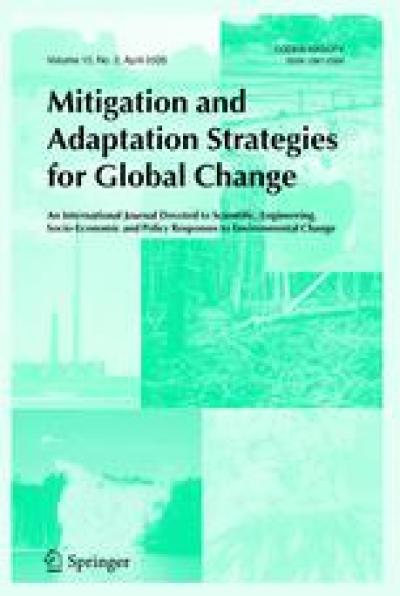
Abstract: Bhutan, a small least developed country in the Himalayan Mountains, faces five current climate change related vulnerabilities: landslides and flooding, deteriorating agricultural production, impoverished forests, worsening health security, and impaired hydroelectricity generation. The country is attempting to adapt to these challenges through two globally sponsored adaptation efforts. One is the “Reducing Climate Change-induced Risks and Vulnerabilities from Glacial Lake Outburst Floods in the Punakha-Wangdue and Chamkhar Valleys” project, or GLOF, a $7.7 million project being funded by the Global Environment Facility, United Nations Development Program, and the government of Bhutan. Another is the GLOF Risk Reduction Project in the Himalayas, or GRRP, a $730,000 program funded by the United Nations Development Program (UNDP). These projects offer great potential for improving infrastructural, institutional, and community resilience within Bhutan, but must also overcome a series of pernicious social, political, and economic challenges if they are to succeed.
Mitigation and Adaptation Strategies for Global Change, 2011.
Received: 21 October 2010 / Accepted: 18 November 2010 /
Published online: 2 December 2010
Springer Science+Business Media B.V. 2010
